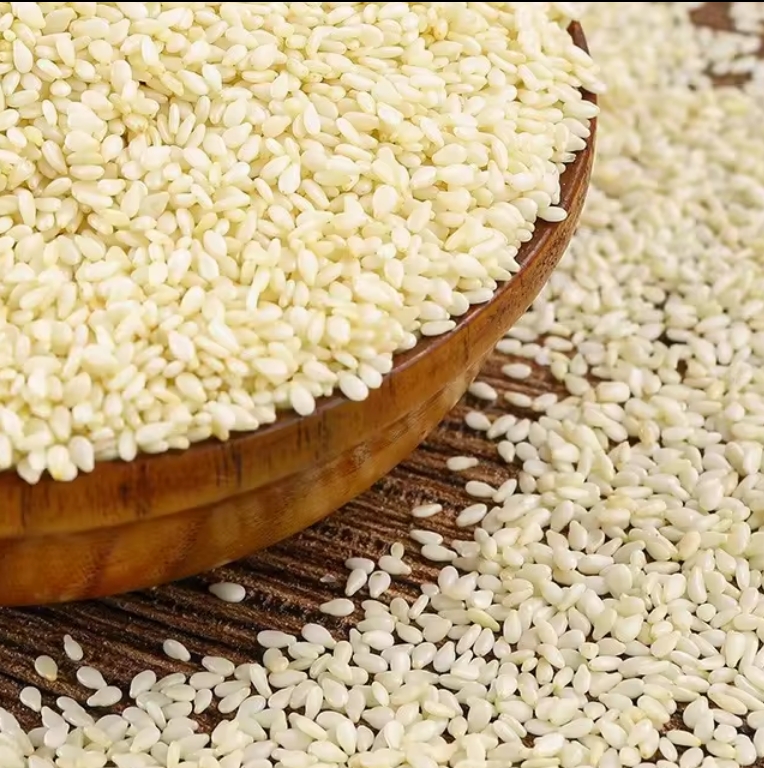Sesame seeds are small, oil-rich seeds that come from the Sesamum indicum plant. They have been cultivated for thousands of years and are valued for their rich nutty flavor and high oil content.
Sesame seeds are commonly used in cooking and baking around the world, particularly in Asian, Middle Eastern, and Mediterranean cuisines.
Sesame seeds are available in several varieties, including white, black, and brown. White sesame seeds are the most common variety and are often used in both sweet and savory dishes. Black sesame seeds have a stronger, more intense flavor and are often used in desserts and baked goods.
Brown sesame seeds are a less common variety with a slightly stronger flavor than white sesame seeds.
These tiny seeds are not only flavorful but also packed with nutrients. They are an excellent source of protein, healthy fats, fiber, vitamins, and minerals, including calcium, iron, magnesium, and zinc. They are also rich in antioxidants and have been linked to various health benefits,
such as improved heart health, reduced inflammation, and better blood sugar control.

Sesame seeds can be used in a variety of ways in cooking and baking. They can be sprinkled on top of salads, stir-fries, and baked goods, or ground into a paste to make tahini, a staple ingredient in hummus and other Mediterranean dishes. Sesame oil,
extracted from sesame seeds, is also widely used as a cooking oil and flavoring agent in Asian cuisine.